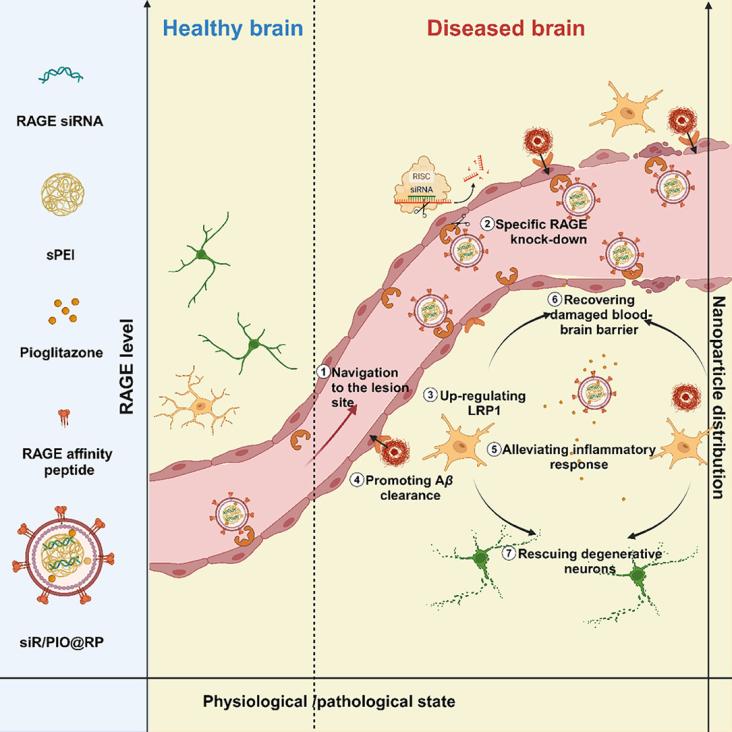The findings contribute to a deeper understanding of the unique social and emotional wellbeing needs of Aboriginal and Torres Strait Islander peoples accessing home-based aged care services and have significant implications for current and future aged care reforms in Australia.

The study introduces a nano-modulator that targets the damaged blood-brain barrier in Alzheimer’s disease. This modulator releases therapeutic agents that reduce amyloid-beta load, alleviate neuroinflammation, and restore neurovascular unit function, showing potential for Alzheimer’s treatment.
Bioreactor Design Concepts for Viral Vaccine Production: Progress in Biochemistry and Biotechnology, 2024, Pages 297-310
This content aligns with Goal 3: Good Health The chapter provides information on a cost-effective and easy way to produce the vaccine grade HCV.
